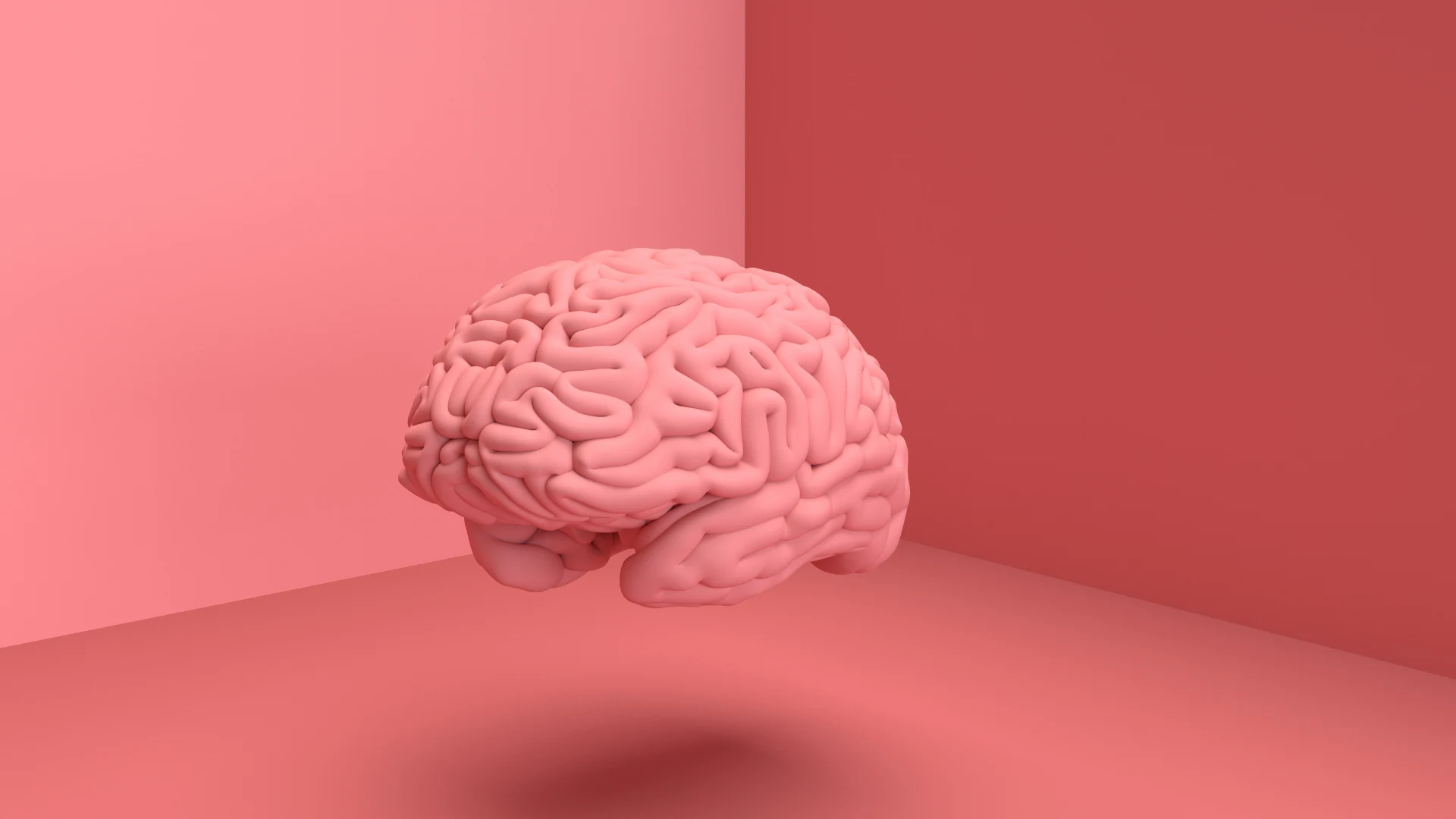
The integration of artificial intelligence (AI) into the pharmaceutical industry is poised to transform the way new drugs are discovered and developed. Emerging technologies powered by AI are enabling researchers to identify viable drug candidates more quickly, streamline testing phases, and reduce the overall risk involved in drug discovery processes.
Traditionally, drug discovery has been a time-consuming and expensive endeavor, often taking more than a decade and billions of dollars to bring a new drug to market. Many potential treatments fail in early testing stages, leading to high sunk costs and prolonged time-to-market. AI aims to change this paradigm by allowing for more agile and data-driven approaches.
With AI tools, researchers can process vast volumes of biomedical data, including genetic information, molecular structures, and clinical trial results, in a fraction of the time it would take using traditional methods. AI algorithms are able to identify patterns and predict which drug compounds are more likely to be effective against specific conditions. This can be especially valuable in tackling rare or complex diseases, where data is sparse and traditional approaches often fall short.
Moreover, AI can assist in optimizing clinical trial designs, selecting patient cohorts more effectively, and predicting potential side effects, all of which contribute to a safer and faster development pipeline. By making research projects more agile and evidence-based, AI supports the creation of innovative solutions while reducing the amount of trial-and-error common in drug discovery.
While the technology is still evolving, pharmaceutical companies and biotech startups alike are increasingly investing in AI platforms to stay competitive and responsive in a demanding market. The impact of AI on drug discovery represents not only a technological advancement, but also a strategic shift in how the healthcare industry approaches innovation and risk.
As AI continues to mature, its role is expected to expand even further, transforming drug discovery from a slow and uncertain process to a more efficient, data-guided science.
Source: https:// – Courtesy of the original publisher.








